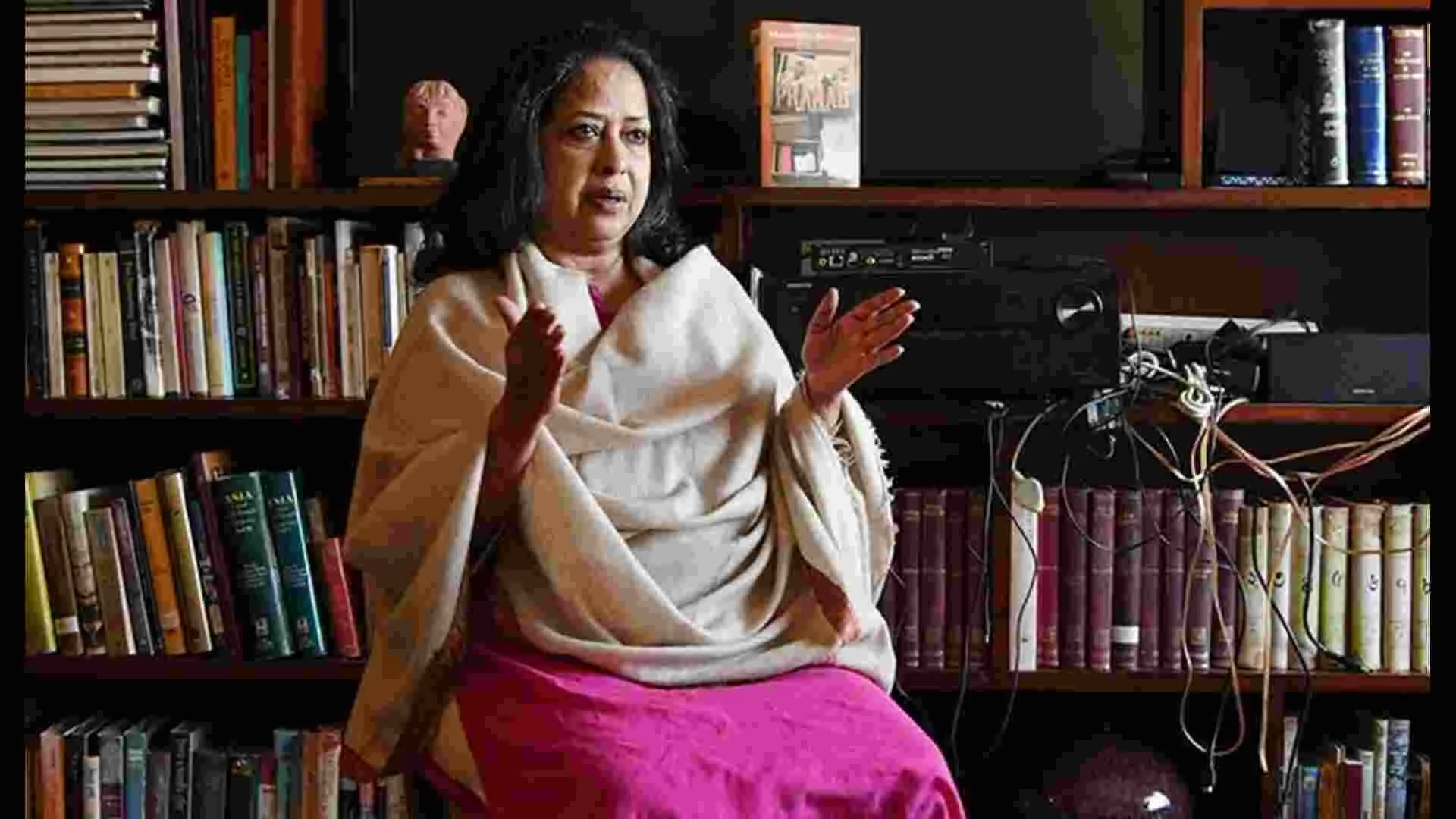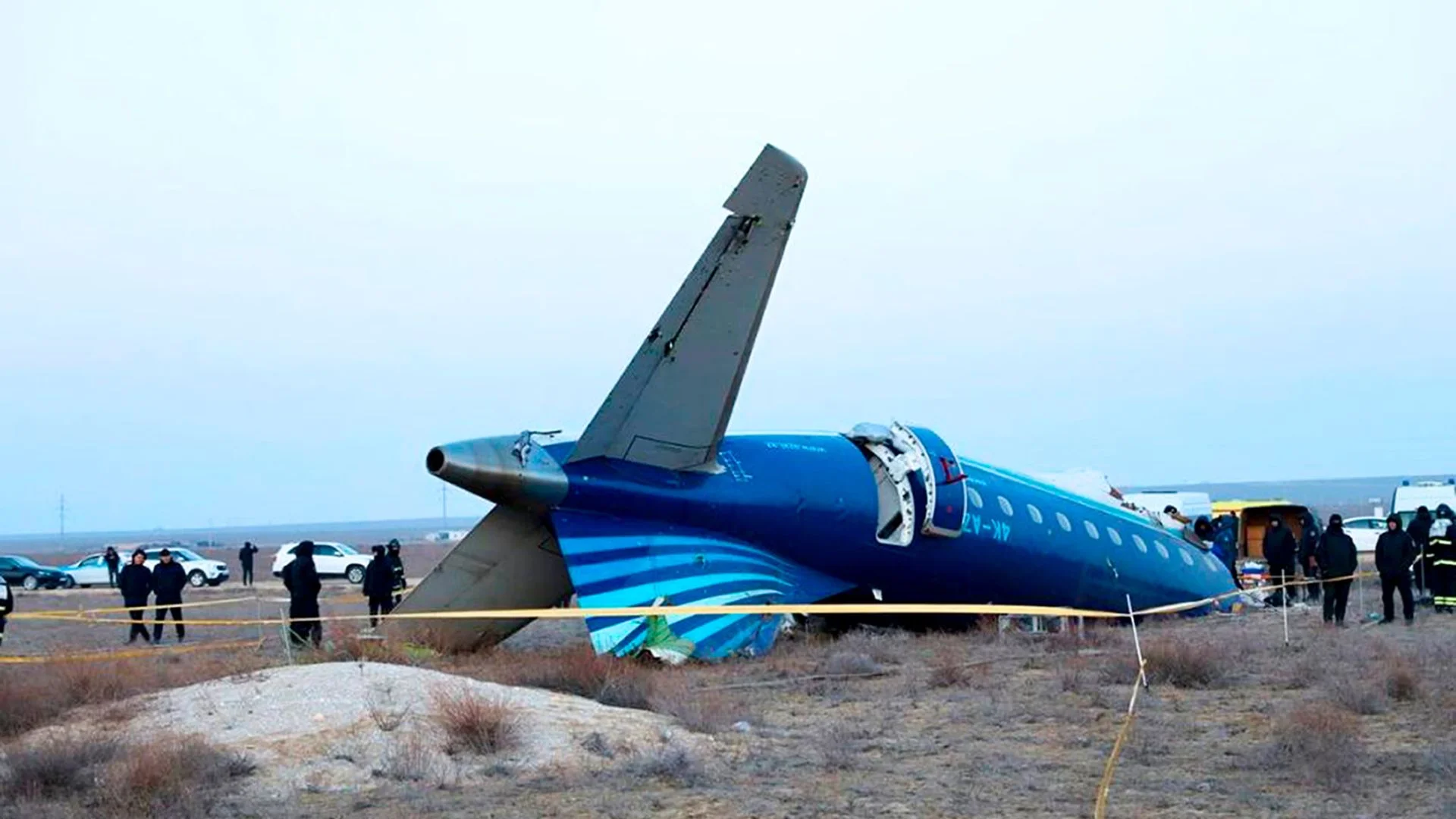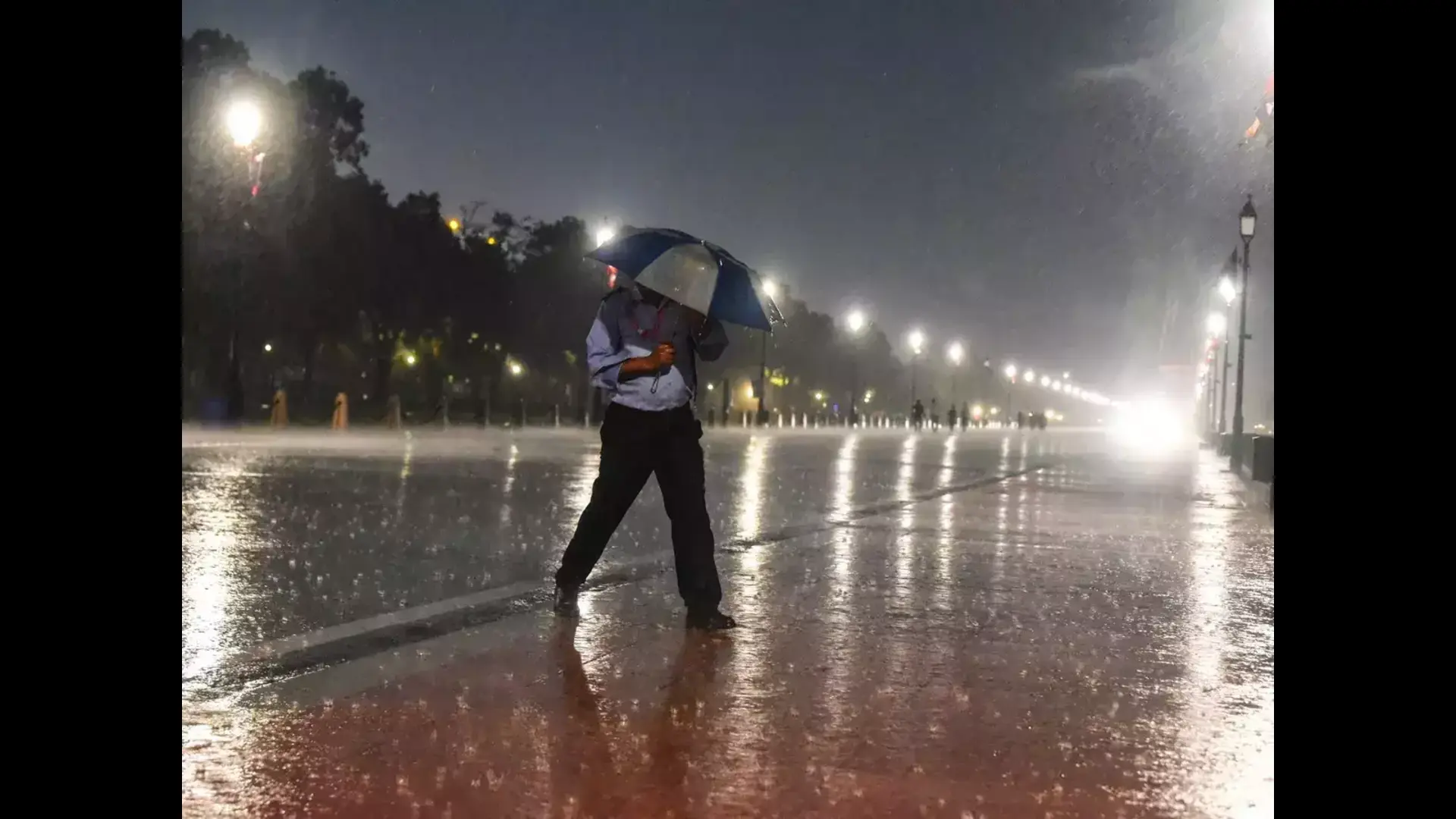When Rishi Sunak became the first Indian-origin prime minister of the United Kingdom, it was a remarkable development. Earlier, it was only in the corporate world that India was providing leadership, with numerous CEOs of Indian origin heading some of the world’s biggest companies, including Microsoft and Google. Now it appeared that even in the political realm, there was a demand for Indian leadership.
While it is true that Rishi Sunak was elected by the party and not the people, with the recent election of Hamza Yousaf, who has Pakistani roots, as First Minister of Scotland, it appears that given their common heritage even those of Pakistani origin can make it to high political office in the West. Aside from Rishi Sunak and Hamza Yousuf, there is also Sadiq Aman Khan, the current mayor of London, whose grandparents migrated from Lucknow to Pakistan during the Partition of 1947.
One of the first things Hamza Yousaf did upon being elected as the leader of the Scottish National Party or SNP, was to write a letter to Prime Minister Rishi Sunak invoking Article 30, seeking another referendum for Scottish independence. What was the need for him to write to Rishi Sunak? Could the referendum not have taken place anyhow? Apparently not. His predecessor in office, the energetic Nicola Sturgeon had announced during the time she was First Minister, that the Scottish Parliament would hold a second referendum in October 2023. However, the UK Supreme Court poured cold water over this idea, ruling that a second referendum was only possible with the Westminster government’s consent.
What has changed since 2014 when the last referendum was held with Scots voting to stay with the UK? That verdict was decisive yet not unanimous by any account, with 55% of Scots electing to remain and only 45% wishing to leave. One significant development that annoyed the Scots was the decision by the UK to break away from the European Union on 1 February, 2020. The Scots were dead against breaking away from the EU unlike the rest of the UK. The divorce of the UK from the EU contributed to Scottish resentment against the English with many Scots now wishing to have their own divorce.
Expectedly, Rishi turned down Hamza’s request almost as quickly as it had been made. This would, of course, not have surprised Yousaf for whom the campaign for an independent Scotland has only just begun. Interestingly, there are not so many non-white people in the leadership of the SNP, something that Yousaf has himself spoken about. In an interview he spoke of how in most of the high-level party meets he attends, 99% of those attending are white. Given this background and history, it is extraordinary that Yousaf has made it to the very top of the party. Amongst others, the Welsh will be carefully watching developments with respect to Scottish independence. There is more than one political party in Wales that also seeks independence. When India was partitioned in 1947, we chose to retain the name “India” for ourselves, much to Jinnah’s consternation who would have preferred it if we had called ourselves “Hindustan”. If, in the future, the United Kingdom were to be partitioned, it could no longer retain that name for it would not be “united” anymore. It remains to be seen what it will call itself, should there be a second referendum in which those demanding independence for Scotland succeed in achieving their goal.
In a statement attributed to Winston Churchill during the debate on the Indian independence bill in the British Parliament, Churchill vehemently opposed the idea. This is what he said: “Power will go to the hands of rascals, rogues, freebooters; all Indian leaders will be of low calibre and men of straw.”
Assuming, for the sake of argument, that Churchill was right, is Sunak the rogue and Yousaf the rascal or is it perhaps the other way around? Or was it the case, perhaps, that it was the British who were the rascals and rogues all along? Or perhaps at the end of the day, there is no community on the planet that has a monopoly on rogues, rascals, freebooters and men of straw, and we are all blessed with a commonwealth of abilities?
Off the record, when the two are together Rishi and Hamza could speak in “Hindustani”, since Rishi speaks basic Hindi and Hamza speaks Urdu. Rishi also speaks some basic Punjabi. Although Scotland’s independence, should it ever happen, would happen peacefully, when the two leaders sit across the table, with each one having roots in undivided Punjab, they might recall another Partition, a very bloody one, with a horrific aftermath.
Rajesh Talwar is the author of 36 books and has worked for the United Nations for over two decades across three continents.
















